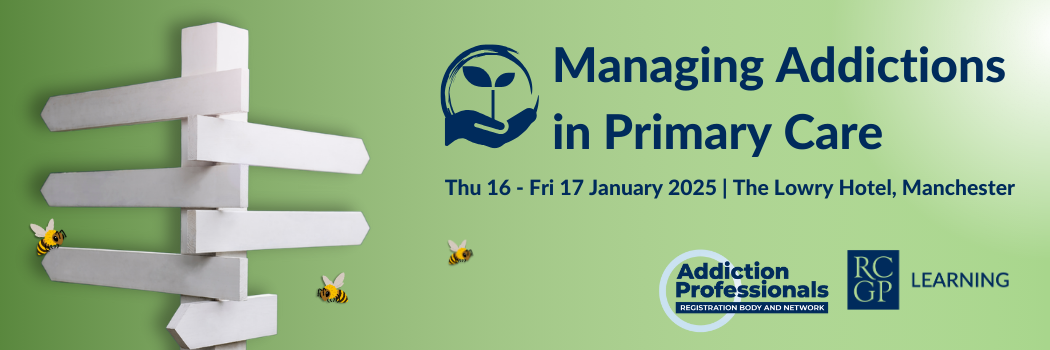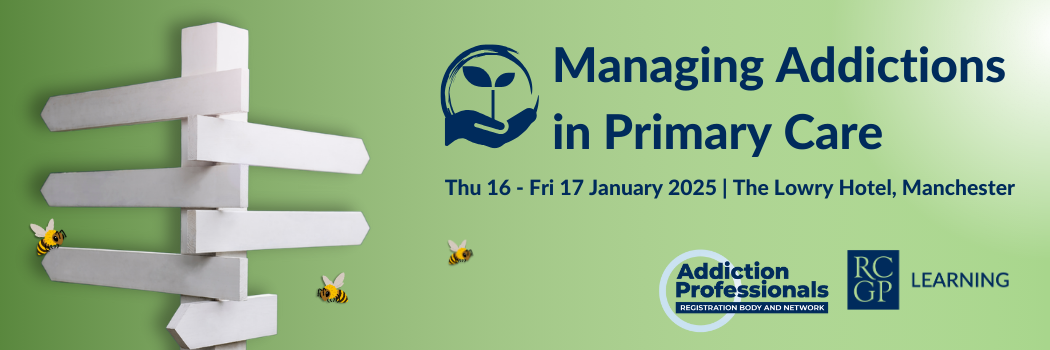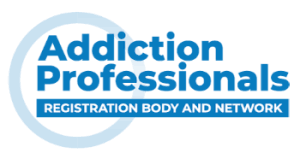The 29th Managing addictions in primary care conference will take place on Thursday 16 and Friday 17 January in Manchester.
This joint RCGP and Addiction Professionals, Managing Addictions in Primary Care 2025 conference (MAPC), is one you won’t want to miss. This is the largest event in the UK for GPs, shared care workers, nurses and other primary care staff, specialists, commissioners and researchers interested in and involved with the management of people with addictions in primary care.
MAPC is now in its 29th year with a loyal following but always attracts new faces from primary care. As usual, we will be covering important issues for the field including drug and alcohol problems including both a beginners guides as well as more specialist issues, managing harms from behavioural addictions such as gambling and porn. With alcohol and drug related deaths still at an all time high, a harm reduction approach is paramount along with tackling stigma (so people don’t shy away from help).
We are really excited to go back on tour – yes we will be at an excellent iconic venue, The Lowry in the Quays area of Manchester, with plenty of room to make the best of workshops, interaction, networking and learning from each other. This includes showcasing some local good practice such as the work of the Urban Village Medical Practice which has been ongoing for many years – providing excellent primary care services for homeless people.
Whilst we are happy we can offer the hybrid option of live streaming, we encourage you to attend in person to inspire each other and share best care in General Practice as we have done in previous years.
Learning objectives:
- Increase understanding of current interventions for the prevention, assessment and treatment of alcohol and other drug problems
- Increase understanding of what interventions are possible to deliver in primary care and what require specialist help
- Increase knowledge of drug and alcohol policies in the UK and how they are implemented in primary care
- Increase knowledge of links between multiple needs, health inequalities and drug and alcohol use
Dr Stephen Willott, GP, Clinical Lead for Alcohol & Drug Misuse, Public Health Dept, Nottingham City Council
Kate Halliday, Executive Director, Addiction Professionals
Early bird prices until Thursday 14 November:
One-day ticket: £219
Two-day ticket: £299
Standard prices from Friday 15 November:
One-day ticket: £265
Two-day ticket: £365
Please note, one-day tickets are limited.
In partnership with:

Camurus and Ethypharm sponsored this conference. Editorial and content decisions were made solely by the RCGP.


